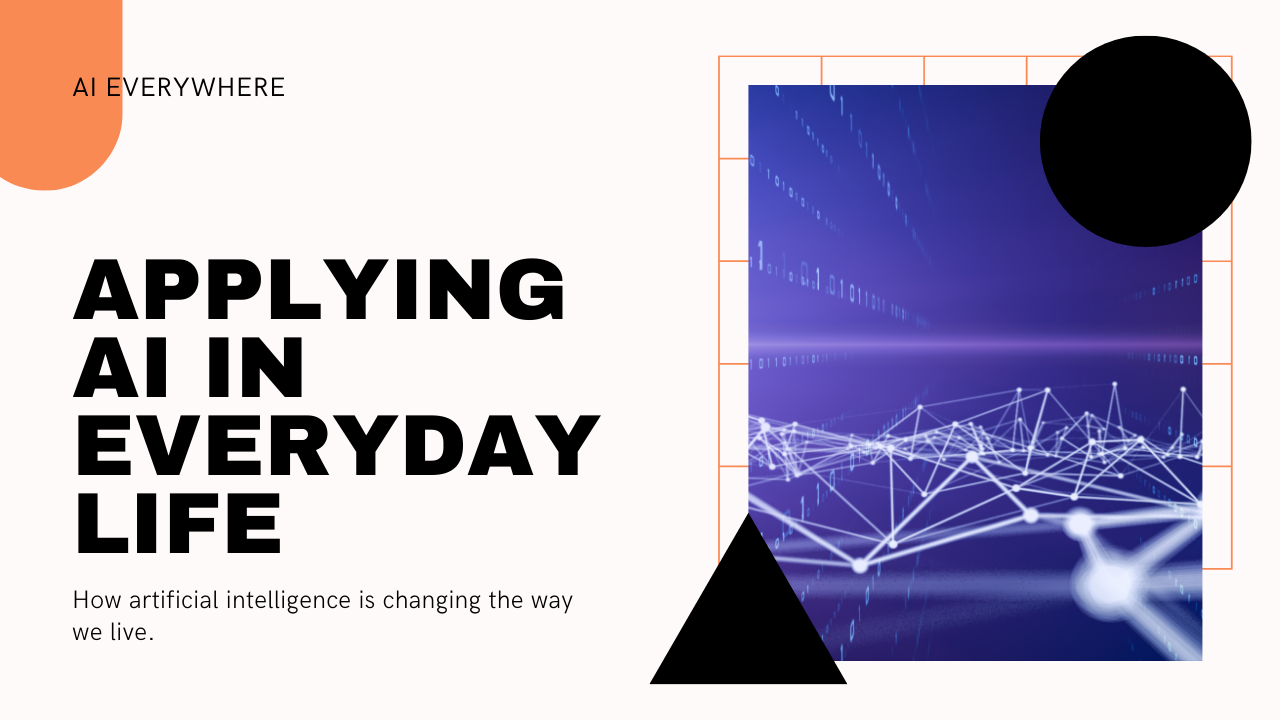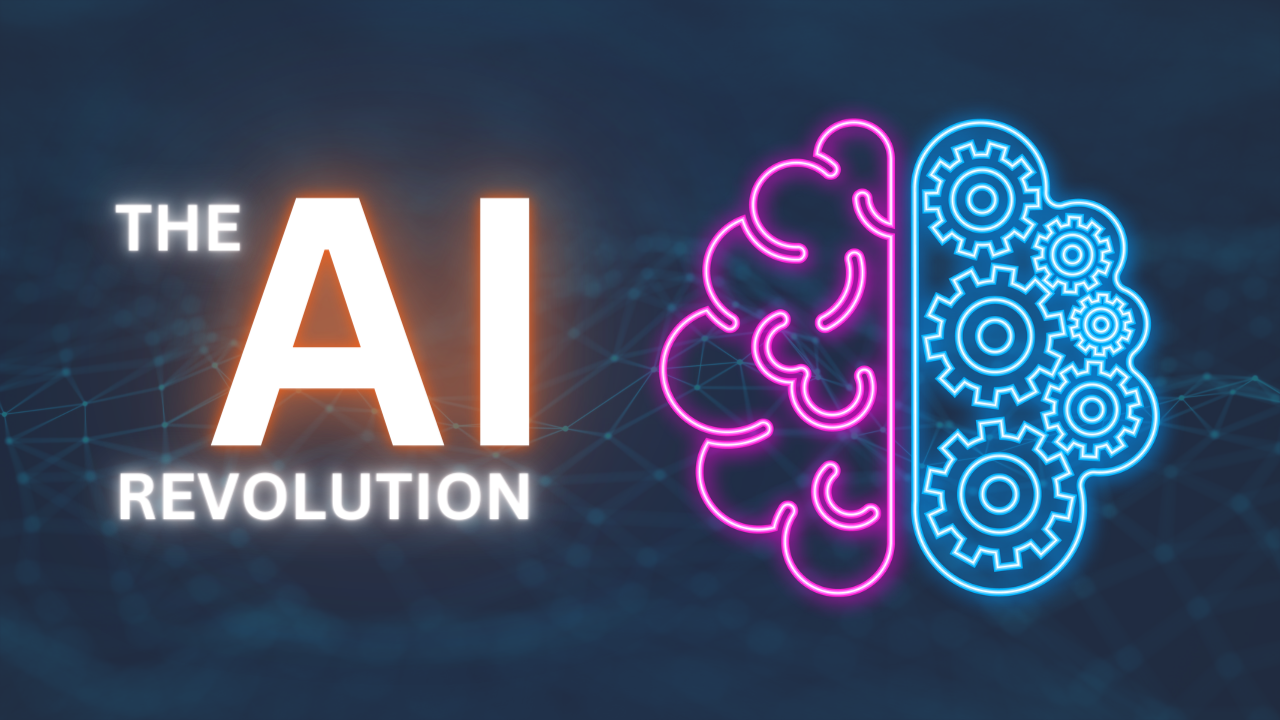A critical Literature Review at the masters level for Assessment, Reports, and Dissertation is essential.
Why critical literature review and critical writing at masters level is important?
The role of the critical literature review at the master’s level is significant. Critical writing is a form of academic writing that involves analyzing, evaluating, and synthesizing ideas and information from various sources. It goes beyond summarizing facts or regurgitating knowledge to creating original and defensible arguments. In higher education, critical writing is essential.
What are the key aspects of critical literature review and critical writing in higher education?
How to write a critical literature review.
- Develop higher-order thinking skills: Critical Literature Review writing involves analyzing and evaluating information, identifying biases, and synthesizing ideas. These skills are essential in higher education as they prepare students for complex problem-solving and decision-making.
- Improve academic performance: Critical Literature Review writing is a key component of academic writing, and students who write critically will likely perform better in their assessments.
- Build confidence: Critical literature review or critical writing requires students to have confidence in their ideas and opinions. Through this process, students learn to think independently and develop their unique perspectives on a subject.
- Enhance communication skills: Critical literature review or critical writing involves articulating thoughts, ideas, and arguments clearly and concisely. This skill is essential in many fields, including business, law, and academia.
Conducting a Literature Review
- Analyze and Evaluate: Practice analyzing and evaluating information to form opinions and judgments for critical literature review or critical writing.
- Questioning: Develop the habit of asking thought-provoking questions that challenge assumptions and lead to deeper inquiry.
- Problem-Solving: Exercise your problem-solving skills by working through complex issues and finding creative solutions.
- Creativity and Imagination: Engage your creativity and imagination by exploring new ideas, perspectives, and possibilities.
- Reflection: Reflect on your values, beliefs, and biases to gain insight into your thinking processes.
- Collaboration: Collaborate with others to learn from their perspectives and opinions while challenging your own assumptions.
- Decision Making: Practice making informed decisions by considering multiple perspectives and options.
- Self-Regulation: Develop self-regulation skills by monitoring and adjusting your thinking processes to maximize effectiveness.
- Multiple Skills Integration: Combine multiple thinking skills to improve your problem-solving abilities.
- Critical Thinking: Critical thinking is key to developing higher-order thinking skills. Analyzing, evaluating, and interpreting information will improve your critical thinking ability, which is important when facing complex problems.
Critical Literature Review pdf for Extracts from a Critical Review.
How can a student improve their academic performance through critical literature review?
To improve academic performance through critical writing, it is necessary to apply several strategies. These include actively engaging in the process of analysis and synthesis and cultivating an appreciation for the nuances of argumentation and rhetoric. Furthermore, one should strive to develop a deep understanding of the material by engaging in close reading, using active listening skills, and attending relevant lectures and seminars. With these goals in mind, you can engage with other students in the analysis process by applying close reading skills to various literary texts, including short stories, poems, essays, and novels.
Here are some ways you can build confidence:
1. Positive self-talk: One of the most important things a student can do to build confidence is to talk positively to themselves. You are more likely to succeed when you tell yourself you can do it and believe in yourself.
2. Practice makes perfect: if you are struggling in a particular area, it’s essential to practice it regularly. The more you practice, the more confident you will become.
3. Make small goals: Setting small, achievable goals is a great way to build confidence. Celebrate every small success, and gradually move towards bigger goals.
4. Surround yourself with positive people: Spend time with students who encourage and support you. Avoid people who bring you down or make you feel bad about yourself.
5. Be open to feedback: Feedback is an opportunity for improvement. You should be open to feedback and use it to grow and improve your academic writing skills.
6. Take care of yourself: A healthy mind and body are essential for building confidence. Eat well, exercise regularly, and get enough sleep. By following these tips, you can build self-confidence and achieve greater success in your studies and other areas of life.
Critical literature review example pdf
What skills enhance communication in higher education?
To foster enhanced communication skills, you should actively engage in activities that promote verbal and written expression. This can include participating in oral presentations and debates, engaging in collaborative projects with peers, or taking courses designed to hone critical thinking skills, such as public speaking. An emphasis on critical listening skills is also important, as the ability to accurately interpret another’s meaning is essential for effective communication is a literature review.
Critical Literature Review Methodology
- Active listening involves paying attention to the speaker, understanding their perspective and responding appropriately. This skill helps build trust and mutual understanding, which is essential for effective communication in higher education contexts.
2. Verbal communication involves clarity of speech, tone, and appropriate language. This skill helps convey ideas and information effectively while facilitating discussion and dialogue in academic and social settings.
3. Written communication involves effectively expressing oneself through written language. This skill is essential for higher education students as it is the primary mode of academic communication. Writing concisely, clearly and coherently is essential for successful communication.
Purpose of a Literature Review
Critical Literature Review Dissertation
The Purpose of a Critical Literature Review by Dr Mandeep Saini
In conclusion, the literature review and critical writing or critical literature review for the assessment report dissertation and PhD thesis are challenging but achievable. Through critical review writing, you can successfully produce a review that will impress your readers by conducting thorough research, organizing the information, and refining the argument. Remember to draw on your creative skills when formulating statements and perspectives; an effective literature review results from careful analysis and thoughtful writing.
See: how to search for relevant articles for critical literature review.
-

Understanding the Cosmic Algorithm: A Path to Unprecedented Business Growth In the ever-evolving world of business, achieving rapid and sustainable growth requires a blend of modern management techniques, innovative approaches, and scientific principles. Enter the Cosmic Algorithm, a revolutionary concept developed by Dr. Mandeep C Saini. This groundbreaking technique seamlessly integrates modern business education withWhat…
-

How Humans Beat AI? Embracing the Human Touch in Industry 5.0 As we venture deeper into the Fourth Industrial Revolution, characterized by the fusion of AI, robotics, and other digital technologies, a new narrative is emerging: Industry 5.0. This evolution isn’t about replacing humans with technology; it’s about augmenting human capabilities, emphasizing the value ofHow…
-

Artificial Intelligence (AI) is no longer just a buzzword or a futuristic concept; it has seamlessly integrated into our daily lives, revolutionizing the way we live, work, and interact. From simplifying tasks to providing personalized experiences, AI’s impact is profound and far-reaching. In this blog post, we’ll explore how AI is applied in everyday life,Applying…
-

Welcome to the digital forefront where Artificial Intelligence (AI) reshapes the way we work, learn, and solve challenges. At mandeepsaini.com, under the guidance of Dr. Mandeep Saini, a distinguished expert in supply chains, procurement, and project management, we delve into the world of AI, demystifying its complexities and exploring practical applications. This blog post, offersArtificial…
-

Inventory Types and Demand Management In the complex global supply chain management world, understanding the nuances of inventory types and demand management is crucial for businesses seeking to streamline operations and reduce costs. This blog post delves into the vital aspects of inventory management, shedding light on strategies and tools essential for minimizing inventory withinInventory…
-

LEAN THINKING Mastering Lean Methodology: Eliminate Waste & Boost Efficiency In the dynamic realm of lean thinking, understanding and eliminating waste stand paramount for driving efficiency and value. From Toyota’s revolutionary practices, lean thinking has transcended industries, offering a blueprint for operational excellence. This exploration delves into the core types of waste identified in lean—Muda,The…
-

The Art of Lean Living. Transforming Business and Life with Lean ToolsLean Living principles, including Lean Methodology, Just-in-Time Production, Value Stream Mapping, Overall Equipment Effectiveness, Continuous Improvement, Error Proofing, Root Cause Analysis, 5s System, Six Sigma, SMED, Total Productive Maintenance, Hoshin Kanri, Gemba, and Andon. It explains their applications and techniques for both business and…
-

Big Data on Supply Chain Over the years, supply chain management has evolved from traditional methods of handling activities within business operations to more advanced approaches. Technological advancement has enabled the growth of the supply chain today. With the aid of technology, we can deliver more products and services to customers in good time. IncreaseThe…
-

Occult management is an innovative approach that marries the esoteric wisdom of occult traditions with the practicalities of modern management. The occult, often misunderstood, refers to a deeper knowledge of the hidden aspects of life and the universe. It’s about tapping into intuition, understanding the metaphysical, and harnessing inner wisdom. When these elements are integrated…
-
Latest Trends in Supply Chain Management Supply chain management is a dynamic field that is constantly evolving to meet the changing needs of businesses and consumers. In recent years, several trends have emerged that are reshaping the way companies manage their supply chains. These trends are driven by technological advancements, changing consumer expectations, and theExploring…


3 Comments
Thank you Sir. Very informative.
Tanks a lot sir. It is very useful.
This teachings were timely and well detailed. Thank you sir
Comments are closed.